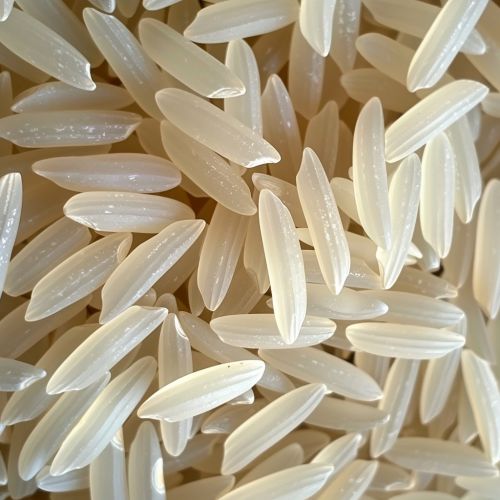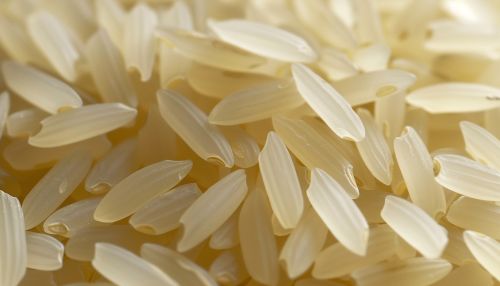Beriberi
Introduction
Beriberi is a disease caused by a deficiency of thiamine (vitamin B1) in the diet. It is characterized by damage to the nerves and heart. The disease can lead to severe complications if not treated promptly, including heart failure and death. Beriberi is most common in regions where the diet consists mainly of polished white rice, which is low in thiamine.


Causes
The primary cause of beriberi is a diet deficient in thiamine. Thiamine is an essential nutrient that the body cannot produce on its own, so it must be obtained from the diet. It plays a crucial role in energy metabolism and the growth, development, and function of cells.
Certain populations are at a higher risk of developing beriberi. These include people who consume a diet high in polished white rice or highly processed foods, which are stripped of their thiamine content. Alcoholics are also at risk because alcohol inhibits the body's ability to absorb thiamine.
Symptoms
The symptoms of beriberi can vary depending on the type of the disease. There are two main types of beriberi: wet beriberi and dry beriberi.
Wet beriberi primarily affects the cardiovascular system. Symptoms include shortness of breath, increased heart rate, and swelling of the lower legs. If left untreated, it can lead to heart failure.
Dry beriberi affects the nervous system. Symptoms include difficulty walking, loss of feeling in the hands and feet, and severe pain. In extreme cases, it can lead to Wernicke-Korsakoff syndrome, a severe neurological disorder.
Diagnosis
Beriberi is typically diagnosed based on the patient's dietary history and clinical symptoms. Blood tests can be used to measure thiamine levels in the body. However, these tests are not always accurate, as thiamine levels can be influenced by a variety of factors, including recent meals and alcohol consumption.
In some cases, a trial of thiamine supplementation may be used to confirm the diagnosis. If the patient's symptoms improve after starting thiamine supplementation, this can be a strong indication of beriberi.
Treatment
The treatment for beriberi is to replace the missing thiamine. This can be done through dietary changes or supplementation. Foods high in thiamine include whole grains, meat, and fish. Thiamine supplements are also widely available and can be taken orally or by injection.
In severe cases, hospitalization may be required. If the patient has developed heart failure, they may need medications to manage their symptoms and prevent further damage to the heart.
Prevention
Beriberi can be prevented by consuming a balanced diet that includes sufficient amounts of thiamine. This is particularly important for populations at risk, such as those who consume a diet high in polished white rice or alcoholics.
In some countries, foods like flour and rice are fortified with thiamine to prevent deficiencies. However, this practice is not universal, and in areas where it is not done, beriberi remains a significant health concern.
